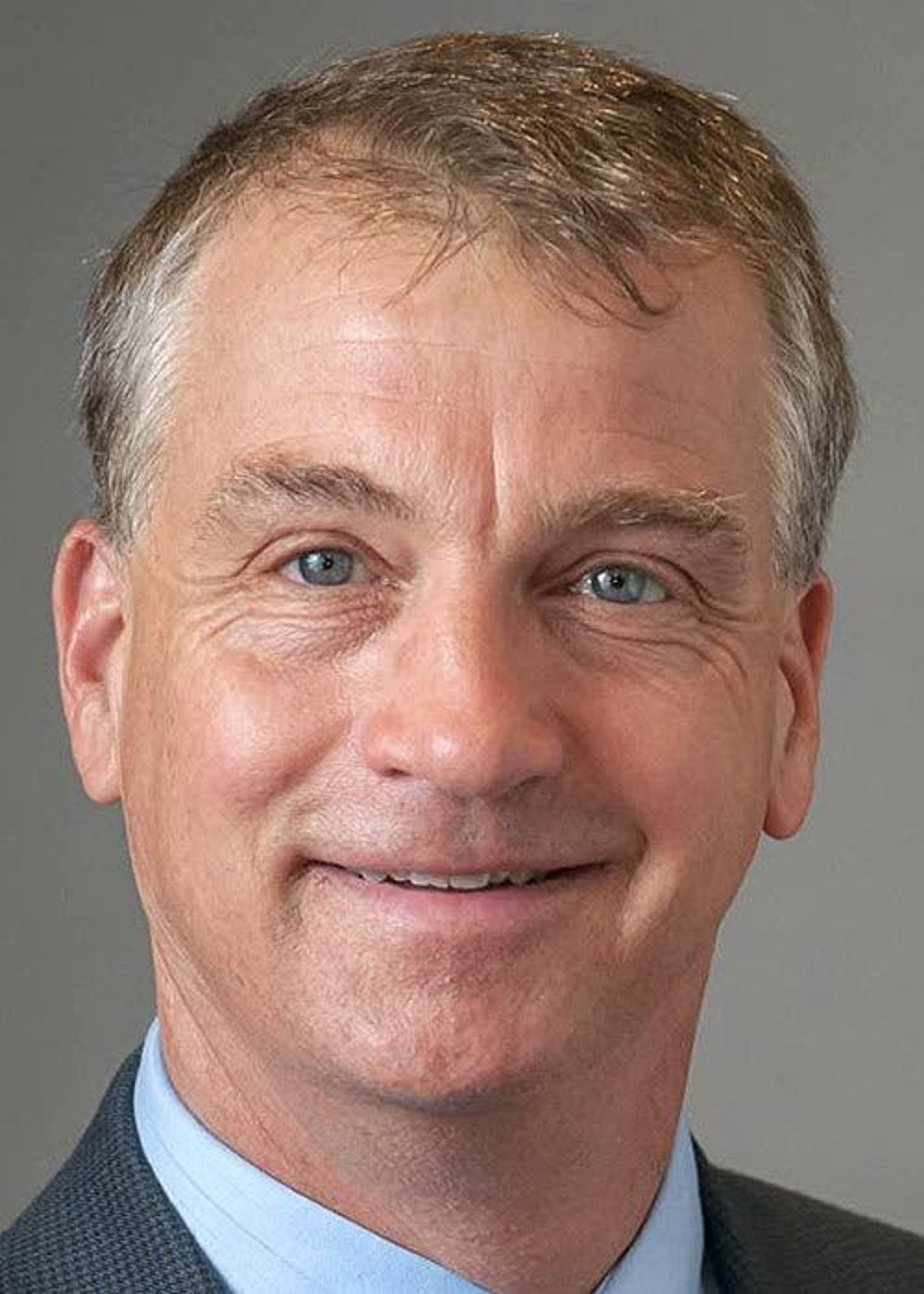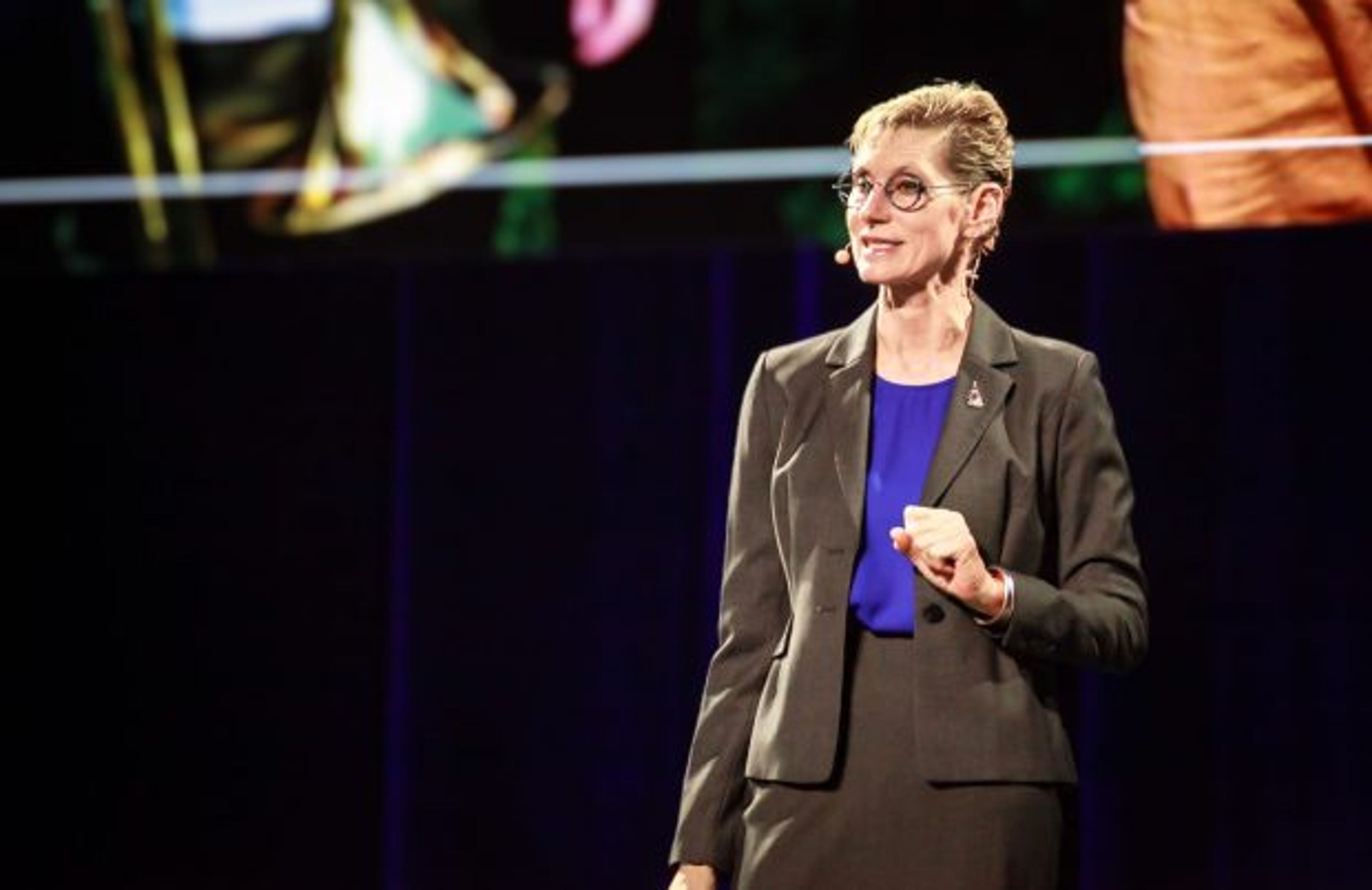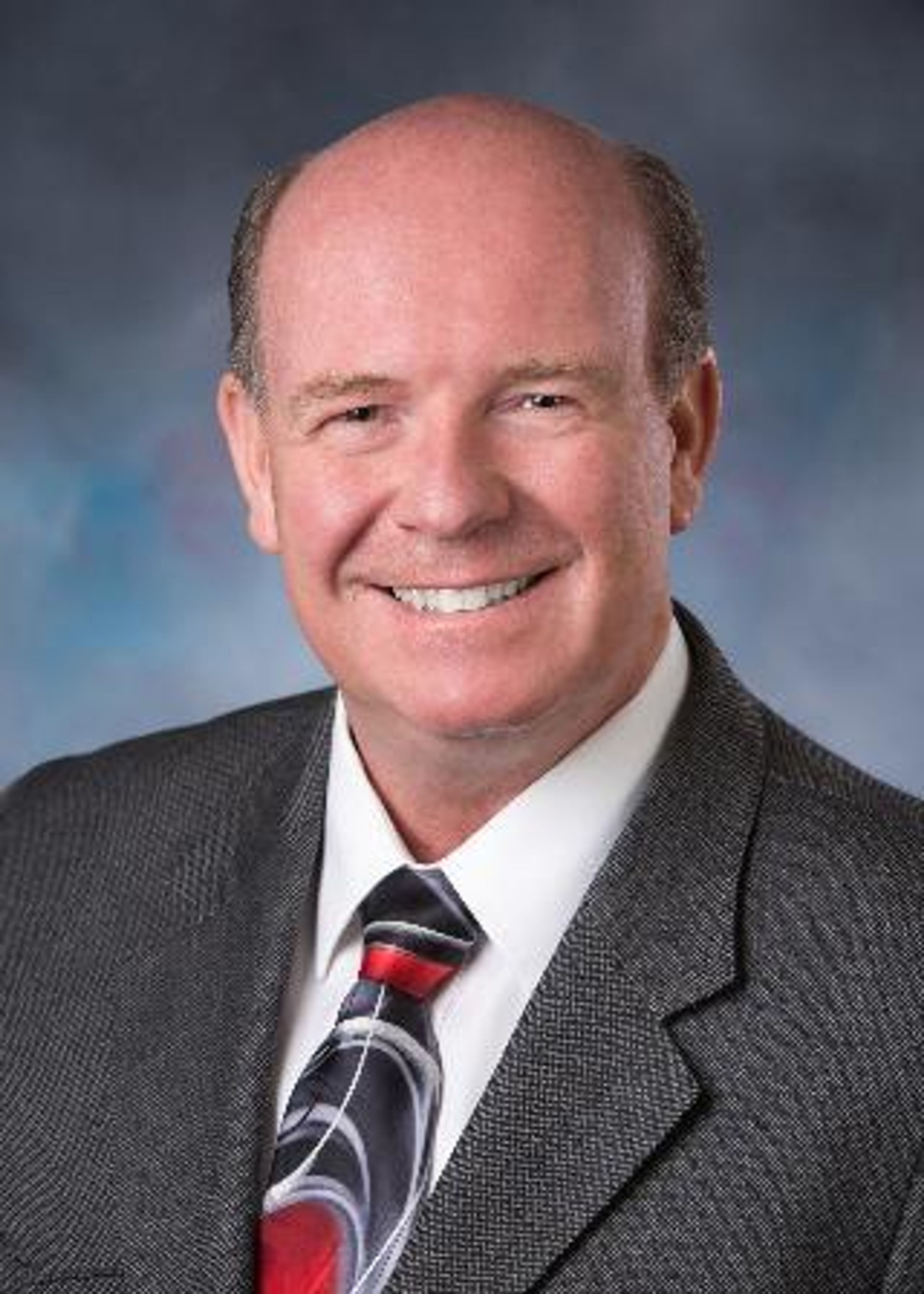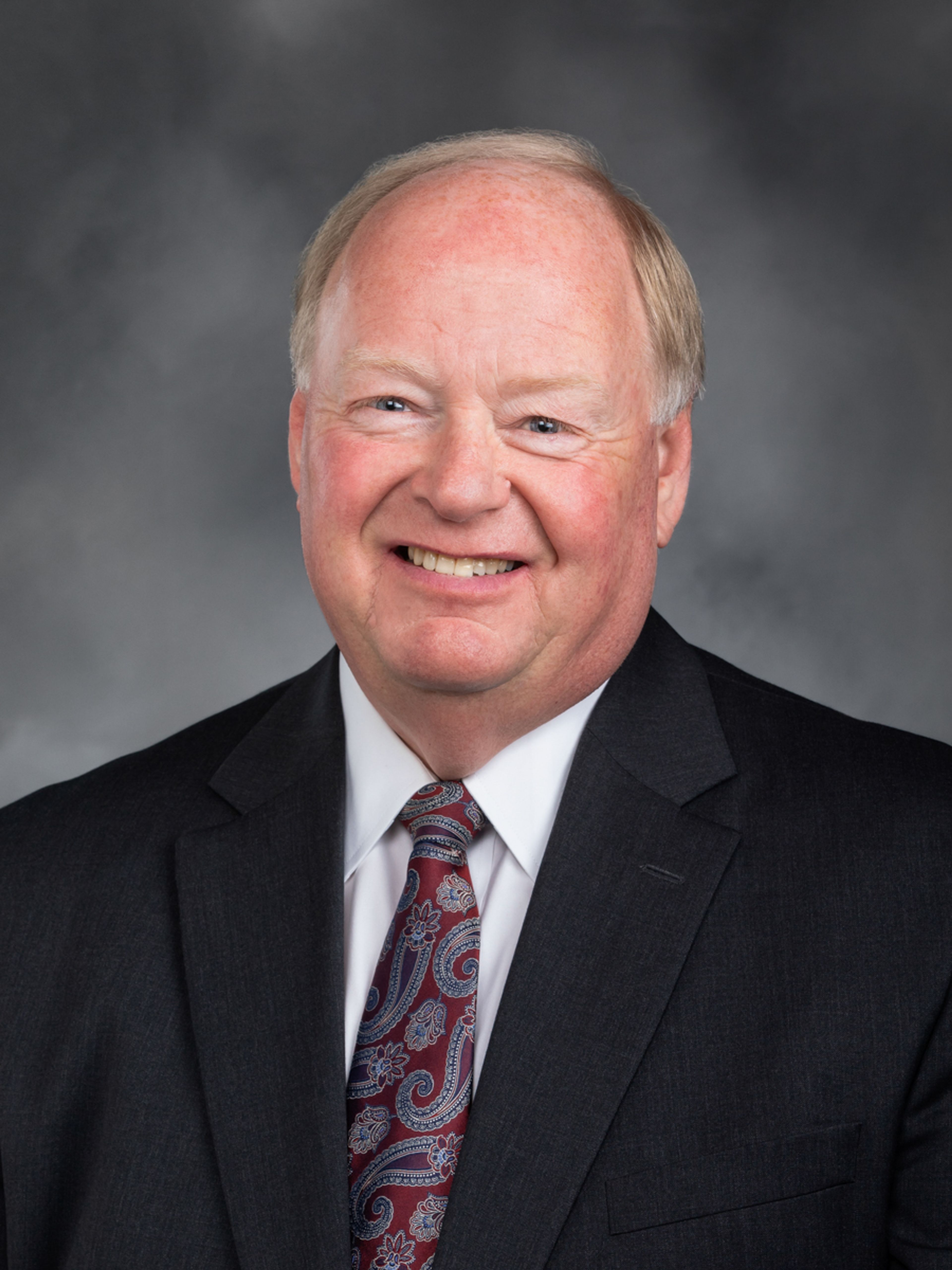BOISE — After two hours of near-unanimous opposition from officials across the state, a Senate committee gave a favorable recommendation to legislation Thursday that would limit growth in local government budgets.
More than two dozen people testified during a Senate Local Government and Taxation Committee hearing on Senate Bill 1108. Three spoke in favor of the legislation, two were neutral and all the rest — including Latah County Commissioner Tom Lamar — were opposed.
“We believe this bill would be harmful to local services and wouldn't offer the tax relief citizens clearly desire and deserve. And it would be detrimental to attracting new business,” said Lamar, who testified remotely. “Our concern is that it's being marketed as property tax relief, but our neighbors, friends and residents won't see any relief, or it will be a very small amount.”
Under current law, local governments can increase their property tax budgets by as much as 3 percent each year, plus new construction and annexation. They can also exceed 3 percent if they have any foregone taxes, which are revenues they could have collected in previous years, but chose instead to bank.
SB 1108 changes the formula to allow as much as 3 percent growth, plus 75 percent of new construction and annexation.
The bill sponsor, Sen. Jim Rice, R-Caldwell, said capping new construction and annexation at 75 percent provides permanent tax relief for property owners because it limits the annual growth in local government budgets.
Rather than shift the tax burden from one class of property to another, he said, SB 1108 “gets to the root cause of the rapid increases we're seeing, so we don't continue to raise taxes faster than people's income.”
In the case of new construction within urban renewal districts, SB 1108 only allows 50 percent of that value to be added to local budgets when the district sunsets.
The reason for that, Rice said, is that taxpayers covered the cost of services for that new construction throughout the 20-year life of the district, so they deserve additional tax relief.
The legislation allows local taxing districts to exceed the 3 percent limit with the approval of voters, as is the case under current law. They can also continue to bank and tap foregone revenues, although in that situation the maximum increase in property tax revenues would be capped at 4 percent.
Almost all of the people who testified against the legislation were local government officials. Most, like Lamar, were also elected officials.
Their main concern was that the bill limits a critical source of revenue they use to pay for growth.
“New construction and annexation is how we're able to manage the cost increases needed to maintain services with an increasing population,” said Kuna Mayor Joe Stear. “If limitations are put on new construction and annexation, we'll be forced to consider what kind of growth can occur. It will have to be growth that doesn't put a strain on services.”
Todd Belnap, a commissioner for the Minidoka Fire District, said his crews received 526 fire and emergency calls in 2020. In 26 cases, only one firefighter was able to respond — and nobody was available to respond on another 24 calls.
“At a time when we need to hire full-time firefighters, you want to cut funding,” he said. “My question for you is, what's the acceptable collateral damage from SB 1108? Is it 25 lives lost? Is it $5 million in property damage? Where do you draw the line?”
The Association of Idaho Cities opposed the legislation. The Idaho Association of Counties was neutral, although Executive Director Seth Grigg said he'd like to continue working with Rice on ways to tap the urban renewal district new construction revenue for specific infrastructure projects.
Overall, Grigg estimated the bill would reduce local government property tax budgets by 1 to 2 percent compared to what they'd be without the limitations.
Miguel Legarreta, president of the Association of Idaho Taxpayers, said districts that are experiencing growth “would see obvious limitations” under Rice's bill in using that growth to fund their infrastructure and services needs.
“At the end of the day, taxpayers will save money through this kind of formula,” he said. “That's the balance you're working through — what the district needs compared to the savings to taxpayers.”
After listening to the testimony, the committee voted 6-3 to send the measure to the Senate floor with a favorable recommendation.
“We have a responsibility as legislators to provide some balance to the situation,” said Sen. Scott Grow, R-Eagle. “I appreciate every official who testified. But we also get emails from a lot of individuals, and there's a need to give a little relief. This may not give much tax relief, but it will slow the accelerated rate of increase in property taxes that we've dealt with over the last several years.”
Spence may be contacted at bspence@lmtribune.com or (208)-791-9168.









